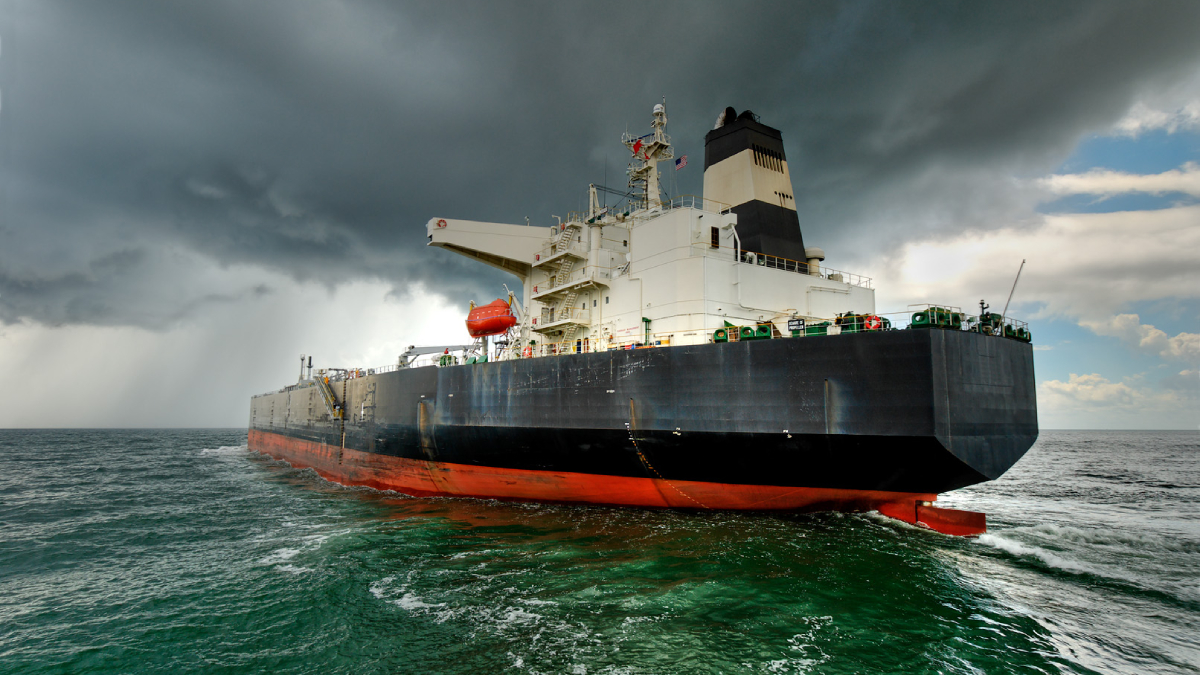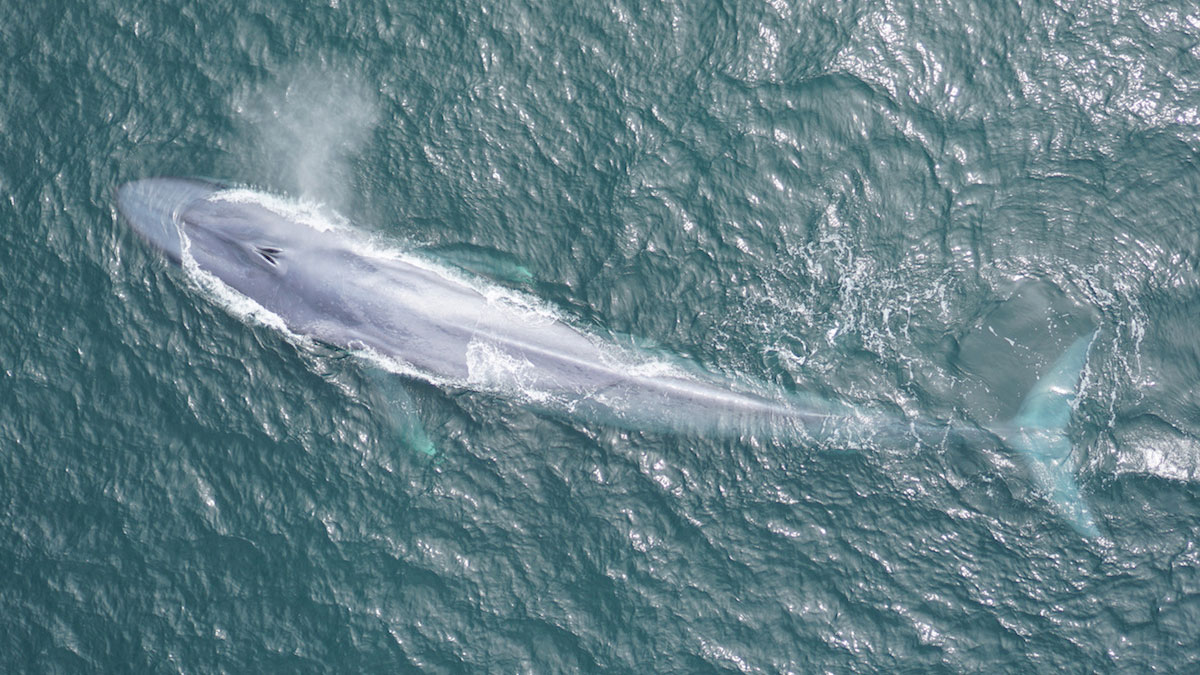Scientists call for better protection of Antarctica’s vulnerable seafloor ecosystem as ship traffic increases around the continent.
shipping
Panama Canal Logistics Are at the Mercy of Weather and Climate
Regional weather variability and climate change make operating the canal a challenge.
Lower Shipping Emissions May Lead to Higher Global Temperatures
Regulations designed to reduce sulfur dioxide emissions from the maritime shipping industry are linked to a change in cloud structure that raises atmospheric temperatures.
Cerrando la brecha entre las geociencias y la seguridad nacional
La comunidad de geociencias y las agencias de seguridad nacional necesitan una comunicación efectiva y bidireccional para intercambiar información.
High Water Levels Cause Problems for Mississippi Shipping
Source: Geophysical Research Letters Droughts’ effect on the navigability of rivers is well documented: During the summer and fall of 2022, barges in the Mississippi River were left stranded, raising concerns about increased shipping costs for key products. Between 2015 and 2019, barges carried an average of 400 million tons of goods along the Mississippi […]
Bridging Gaps Between the Geosciences and National Security
The geoscience community and national security agencies need effective, two-way communication to exchange information.
Oceanic Cacophony
The ocean is a pretty loud place, and anthropogenic noise is adding another layer to the soundscape.
Ocean Vessels May Trigger Lightning Strikes
Previous research indicated aerosols in ship exhaust could enhance lightning. New research indicates the ships themselves may be to blame as well.
Seaports Could Lose $67 Billion Yearly from Natural Disasters
Small islands and low-income nations face the largest relative monetary losses to their ports and maritime trade.
Scientists Tune In to Blue Whale Feeding Rhythms
New acoustic sensing technology is allowing scientists to track blue whale movements in real time, a breakthrough that could help save whales’ lives.










